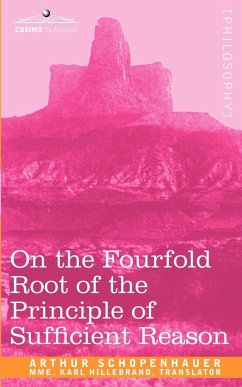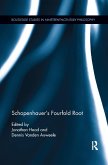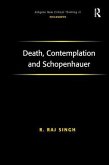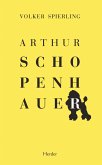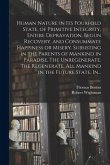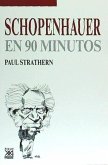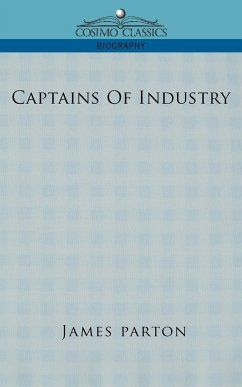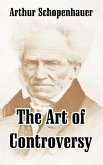A disciple of Immanuel Kant, Arthur Schopenhauer took the Kantian concept that all knowledge derives from experience and broadened it to conclude that our experience of the world is necessarily subjective and influenced by our own intellect and biases, and that reality is but an extension of our own will. This is the basis of all of Schopenhauer's thinking, and here, he offers an essential foundation for understanding and appreciating all of his work. First produced as his doctoral dissertation in 1813, these two essays-"On the Fourfold Root of the Principle of Sufficient Reason" and "On the Will in Nature"-were revised and published by the author in 1847; this 1889 edition represents its first translation into the English language. Students of philosophy and of 19th-century culture will find this a demanding but satisfying read. The writings of German philosopher ARTHUR SCHOPENHAUER (1788-1860) were a profound influence on art and aesthetics, music and literature in the 19th century. Among his many writings, The World as Will and Idea (1819) is considered his masterpiece.
Bitte wählen Sie Ihr Anliegen aus.
Rechnungen
Retourenschein anfordern
Bestellstatus
Storno

